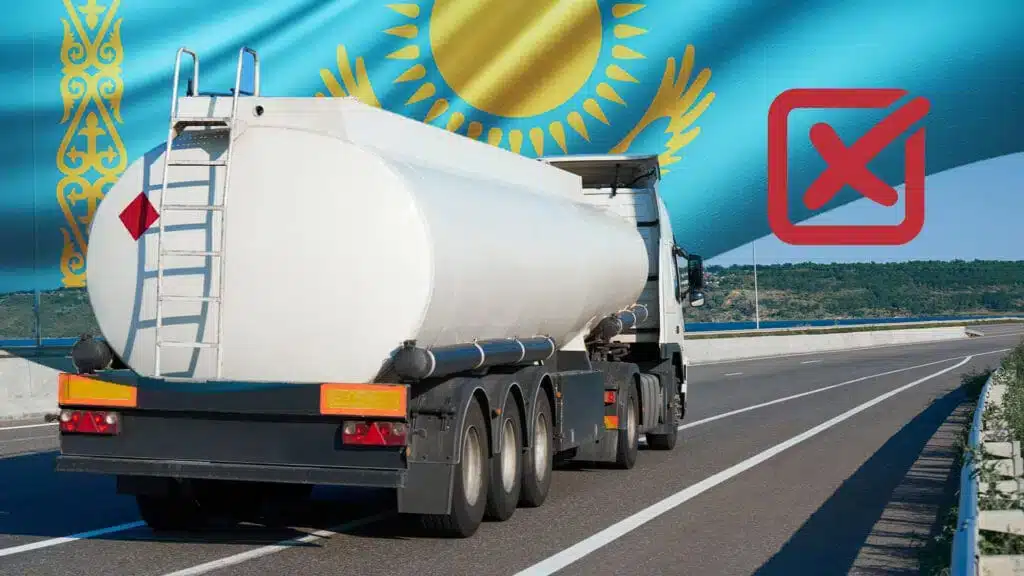Kazakhstan’s Ministry of Energy denies its intention to supply gasoline to Russia

According to Shyngys Ilyasov, advisor to the energy minister in Kazakhstan, the country’s Ministry of Energy hasn’t received any inquiries from Russian authorities with a request to supply gasoline to Russia if it faces a fuel deficit. This statement was an official reaction of Kazakhstani authorities to a publication by Reuters, asserting that Kazakhstan could prepare 100,000 tons of gasoline to supply it to Russia.
«We haven’t received any requests from the Ministry of Energy of Russia so far. I mean, this information is baseless,» Ilyasov noted.
In turn, the news agency reported that the two countries’ governments have already negotiated the deal’s parameters, citing sources familiar with the matter. Kazakhstan allegedly agreed to use its gasoline reserves, following the example of Belarus, which said it is ready to support Russia.
Russia is facing a deficit of fuel against the backdrop of drone attacks against Russian oil refineries by Ukraine. As of March 2024, eight refineries, accounting for 14% of oil processing capacity in Russia, were damaged. The situation has rapidly turned from bad to worse because of floods in the Orenburg region, which is next to Kazakhstan. For instance, floods forced the Orsk refinery to stop its operations. The facility is owned by Orsknefteorgsintez (before 2021, it was controlled by moguls Mikhail Gutseriev and Mikhail Shishkhanov). In turn, Russian authorities said that they have enough domestic reserves of gasoline.
On March 1, Russia introduced a six-month ban on gasoline exports to prevent a deficit in the domestic market. However, this ban doesn’t cover supplies to the EEU member states, including Kazakhstan.
Kazakhstan has also banned the export of fuel outside of the country. On December 29, 2023, this ban was expanded. The only legal way to withdraw fuel from the country is to fill one’s tank up to the lid. In addition, the government can authorize fuel export for humanitarian aid to other countries or for research studies related to fuel quality.

